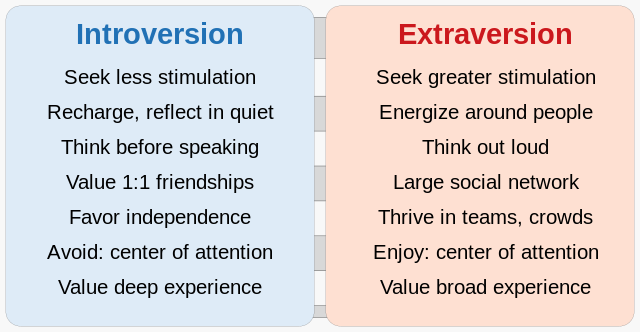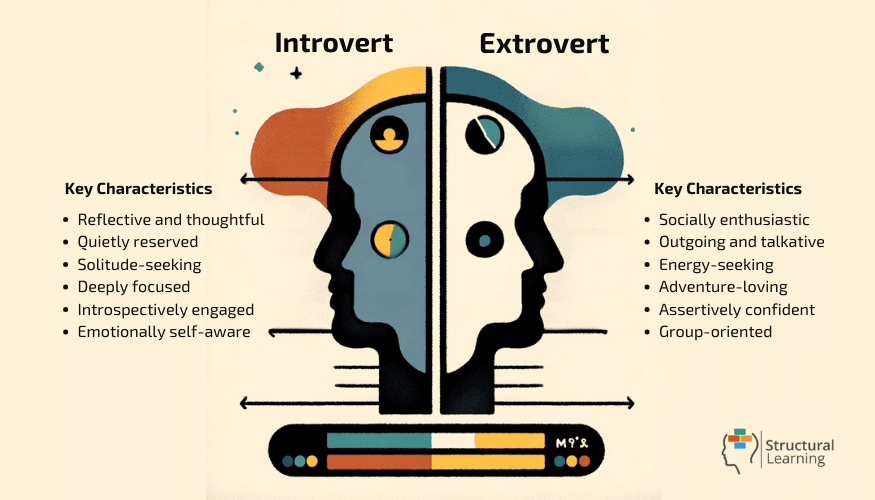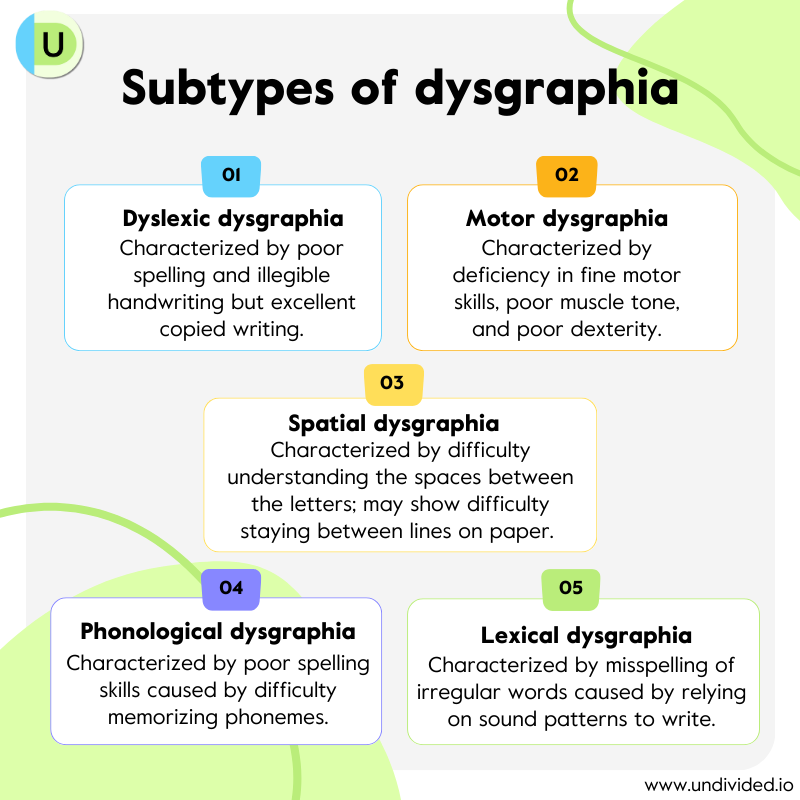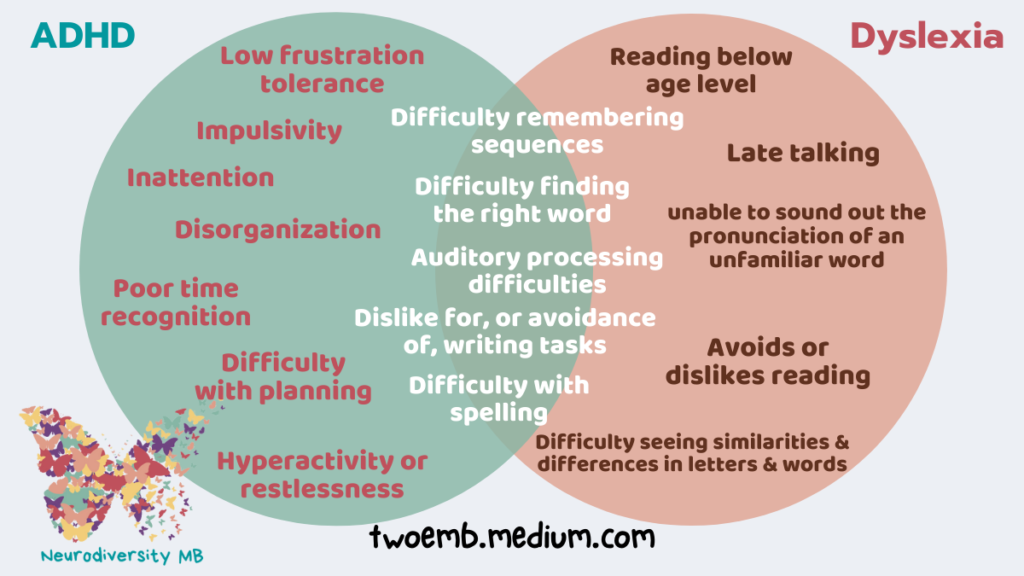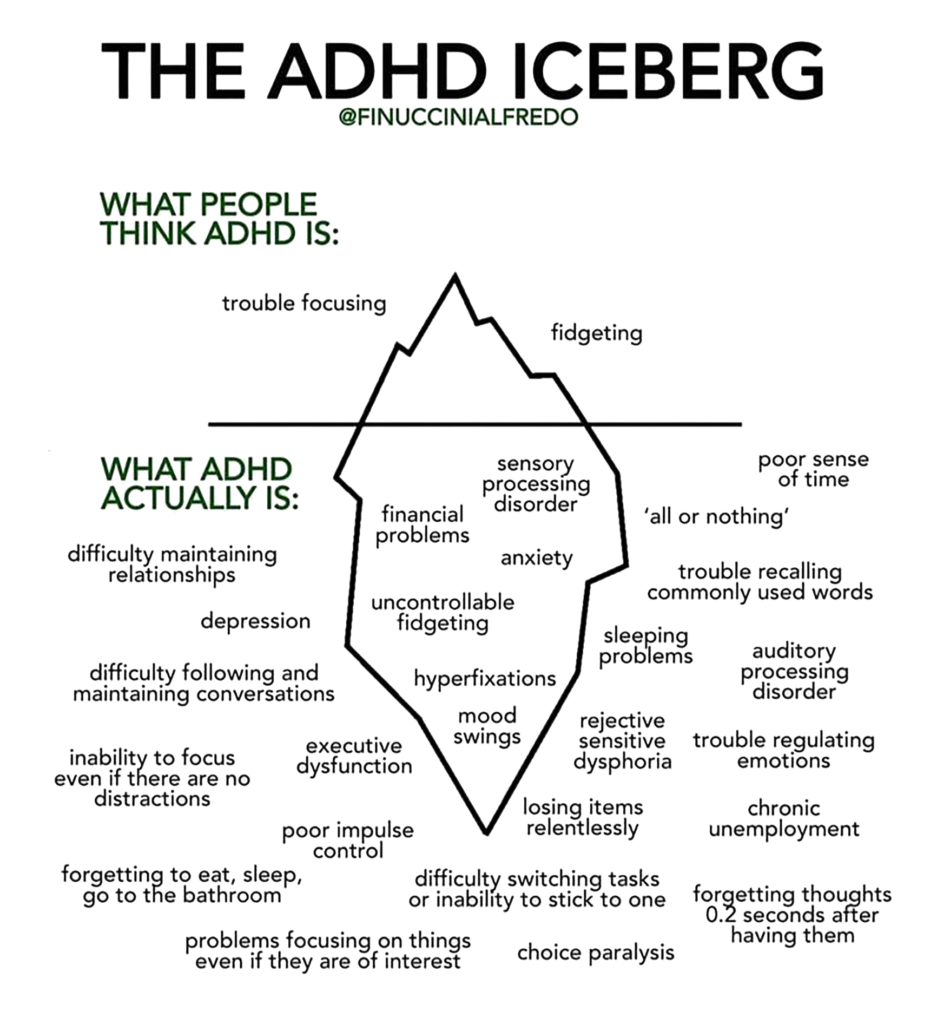I have met with a counsellor specializing in life changes, AHDH, and motherhood. Mostly, I wanted to explore my AHDH and how to move forward with my life. Through our conversations, I identified a “Burnout” moment when I decided to resign from my job and become a stay-at-home parent. I have also been reading ADHD Girls To Women, Getting on the Radar by Lotta Skoglund, explaining the stages females go through.
Identifying A Burnout
Just from the forwarded messages in the book, I was able to recognize that I had an emotional Burnout. Because my reality clashed with my expectations of how motherhood should be. I was and probably still am, unable to handle the demands I placed on myself. Believing I could work a full-time job and be 100 % available to participate in my children’s education was not plausible for me with my ADHD.
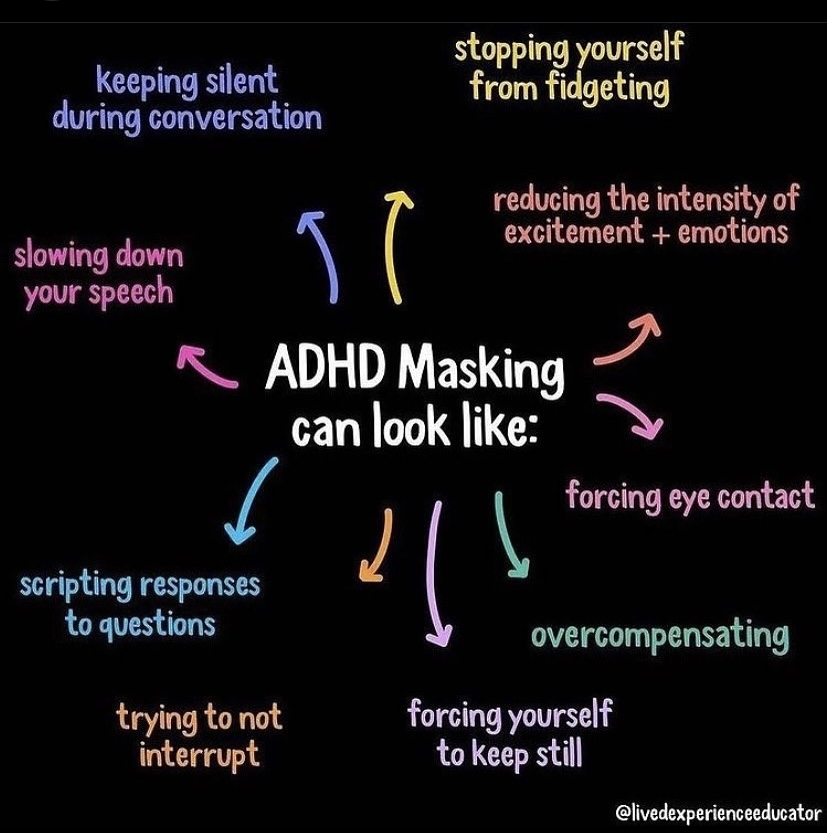
I also learned the definition of Masking. “Masking is when a person with ADHD acts in a “socially acceptable” way to fit in and form better connections with those around them. This usually involves camouflaging their symptoms by controlling their impulses, rehearsing responses, and copying the behaviours of those who don’t have ADHD.” from add.org.
Masking Is Not Helping
My masking reached a tipping point in my life, where I was unable to balance both reality and expectations. Letting go of my reality felt easier than releasing my expectations of motherhood. So I made a choice that was not hard to do because the pressure was released and I found peace.
Now that all my children are in school, I don’t have to mother 24/7 anymore. I have room in my life again for work. I have contemplated many ways to occupy my time; part-time work, volunteering, or getting re-educated. All of these endless options felt like “analysis paralysis“, hence why I started talking with a counsellor.
I can now identify my coping/masking mechanism for decision-making, which is to decide without having regrets or doubts. Some people find this trait about me, annoying but I see how necessary it is to my life. I have come to understand myself better than ever and I am learning to separate my personality from my ADHD traits.
Live Joy, Renee
